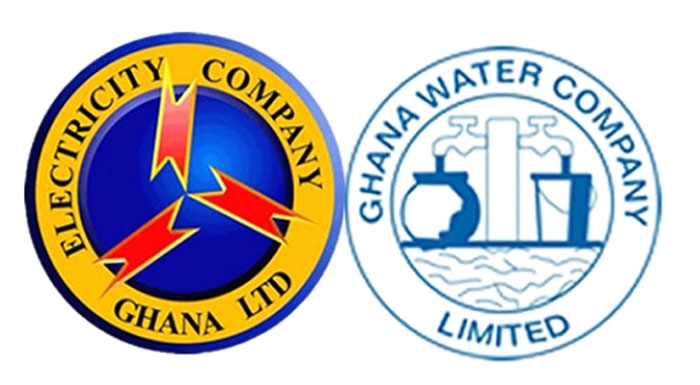Arise Ghana, a pressure group, has called on government to reduce utility tariffs with immediate effect following the announcement of an increment in utility tariffs.
According to the group, it would be insensitive for government to increase utility tariffs giving the importance of water and electricity to human life, which will further compound the cost of living.
“We are therefore calling on Government to immediately suspend this utility tariff increment, we are giving Government 48 hours ultimatum to suspend the tariff adjustments or face the wrath of Arise Ghana and Ghanaians,” the group stated.
The demand by the group comes on the heels of an announcement by the Public Utilities and Regulatory Commission (PURC) of an increment in electricity tariff by 27.15% and water by 21.55%, with effect from September 1, 2022.
Speaking at a press conference, a leading member of the group, Bernard Mornah, said water and electricity were two basic amenities and inputs for households and businesses, and any increase in these utility tariffs will lead to an increase in cost of living to various households, as well as an increase in the cost of production of many business enterprises.
He further stated that the increment in utility tariffs also came at a time when Ghanaians were already overburdened with high fuel prices, food stuffs and other basic amenities due to the high exchange rate coupled with high rate of inflation.
According to the group, it would be prudent to find innovative ways of resolving the current economic crises rather than resorting to an increase in utility tariffs to raise revenue to service its debt.
“A straight-jacket increment in utility tariffs would not cut it, it would rather be a disincentive to consumers, consumers would default and this would plunge the country deeper into this debt hole,” he stressed.
Touching on inflation, Bernard Mornah said “continued instability and increase of the exchange rate has increased the range of imported inflation and destabilised domestic prices and depreciation of the cedi against major foreign currencies, and increased cost of doing business in Ghana as well as high policy rate.”
By Ebenezer K. Amponsah


